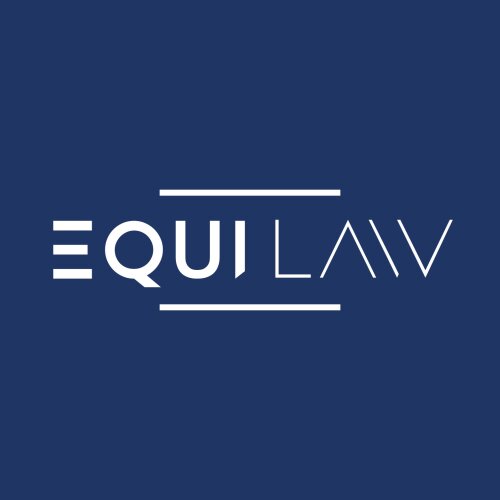Best Dependent Visa Lawyers in Fiji
Share your needs with us, get contacted by law firms.
Free. Takes 2 min.
Or refine your search by selecting a city:
List of the best lawyers in Fiji
About Dependent Visa Law in Fiji
Dependent visas in Fiji allow family members of a person who is a Fiji citizen, permanent resident, or holds a valid work permit to join them in the country and reside as dependents. This type of visa is typically granted to spouses, children, and sometimes other family members of the primary visa holder.
Why You May Need a Lawyer
While applying for a dependent visa in Fiji might seem straightforward, there are situations where legal assistance may be necessary. Some common reasons for seeking a lawyer include complex family situations, issues with documentation, and navigating the legal requirements of the visa process.
Local Laws Overview
In Fiji, the Immigration Act and regulations govern the issuance of dependent visas. Key aspects to consider include the eligibility criteria for dependents, required documentation, processing times, and any specific conditions attached to the visa.
Frequently Asked Questions
1. Can children be included as dependents on a visa?
Yes, children of the primary visa holder can be included as dependents on a visa in Fiji.
2. How long does it take to process a dependent visa application?
Processing times for dependent visas in Fiji can vary, but it typically takes several weeks to a few months.
3. What documents are required for a dependent visa application?
Commonly required documents include a valid passport, proof of relationship to the primary visa holder, and medical and police clearances.
4. Can dependents work in Fiji on a dependent visa?
Dependents on a visa in Fiji are typically not allowed to work unless they obtain their own work permit.
5. Can a dependent visa be transferred to a new sponsor?
Dependent visas in Fiji are usually tied to the original sponsor, but it may be possible to transfer the visa under certain circumstances.
6. What are the conditions of a dependent visa in Fiji?
Dependent visas may come with conditions such as no access to public funds, restrictions on employment, and requirements to live with the primary visa holder.
7. What are the rights of dependents in Fiji?
Dependents in Fiji have the right to reside in the country, access healthcare and education, and enjoy other basic rights while under the visa.
8. Can a dependent visa holder apply for permanent residency in Fiji?
Depending on the circumstances, a dependent visa holder may be eligible to apply for permanent residency in Fiji after a certain period of time.
9. Are there any restrictions on travel for dependents on a visa?
Dependents on a visa in Fiji may have restrictions on travel outside of the country, so it is advisable to check the conditions of the visa before making travel plans.
10. How can I appeal a decision on a dependent visa application?
If your dependent visa application is rejected, you may have the right to appeal the decision through the appropriate channels in Fiji's immigration system.
Additional Resources
For more information on dependent visas in Fiji, you can visit the official website of the Department of Immigration or consult with a qualified immigration lawyer for personalized advice.
Next Steps
If you require legal assistance with a dependent visa application in Fiji, it is recommended to seek the guidance of an experienced immigration lawyer who can help you navigate the process and ensure the best possible outcome for your case.
Lawzana helps you find the best lawyers and law firms in Fiji through a curated and pre-screened list of qualified legal professionals. Our platform offers rankings and detailed profiles of attorneys and law firms, allowing you to compare based on practice areas, including Dependent Visa, experience, and client feedback.
Each profile includes a description of the firm's areas of practice, client reviews, team members and partners, year of establishment, spoken languages, office locations, contact information, social media presence, and any published articles or resources. Most firms on our platform speak English and are experienced in both local and international legal matters.
Get a quote from top-rated law firms in Fiji — quickly, securely, and without unnecessary hassle.
Disclaimer:
The information provided on this page is for general informational purposes only and does not constitute legal advice. While we strive to ensure the accuracy and relevance of the content, legal information may change over time, and interpretations of the law can vary. You should always consult with a qualified legal professional for advice specific to your situation.
We disclaim all liability for actions taken or not taken based on the content of this page. If you believe any information is incorrect or outdated, please contact us, and we will review and update it where appropriate.
Browse dependent visa law firms by city in Fiji
Refine your search by selecting a city.










